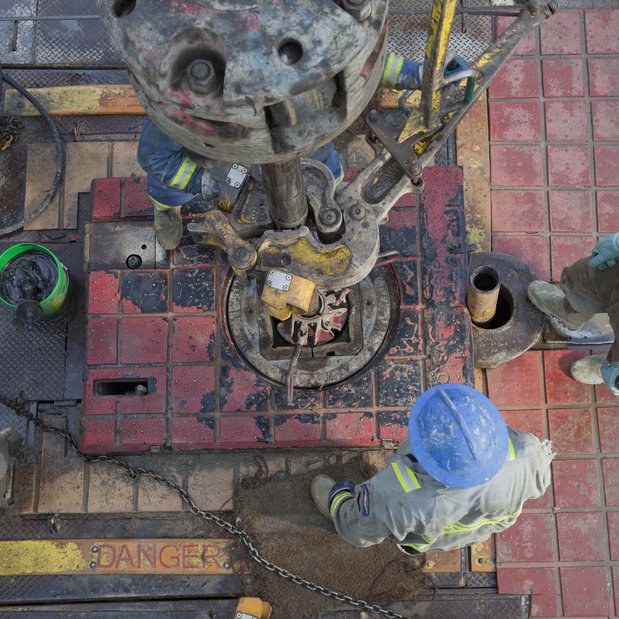As the United States undergoes an unprecedented shift away from carbon-intensive energy sources and towards a clean energy future, federal policy will play a major role in supporting workers and regions that are affected, including low-income, rural, and minority communities. The transition to clean energy will have particularly significant implications for people and places where coal, oil, and natural gas serve as a major driver of jobs and economic activity, and where consumers may be especially burdened by changes in the energy system.
This report lays out a variety of proposals to help enable an equitable energy transition. It is not intended to be a comprehensive strategy, but instead offers a menu of options that policymakers can choose among to enable this transition while enhancing energy equity and resilience, reducing environmental damages, spurring clean energy innovation, and supporting economic and workforce development in vulnerable communities.
